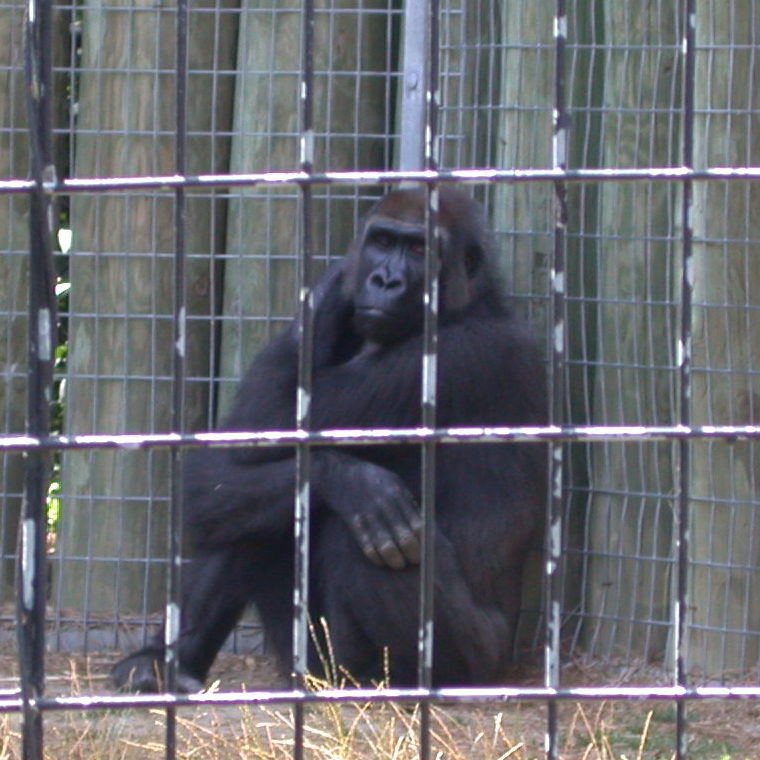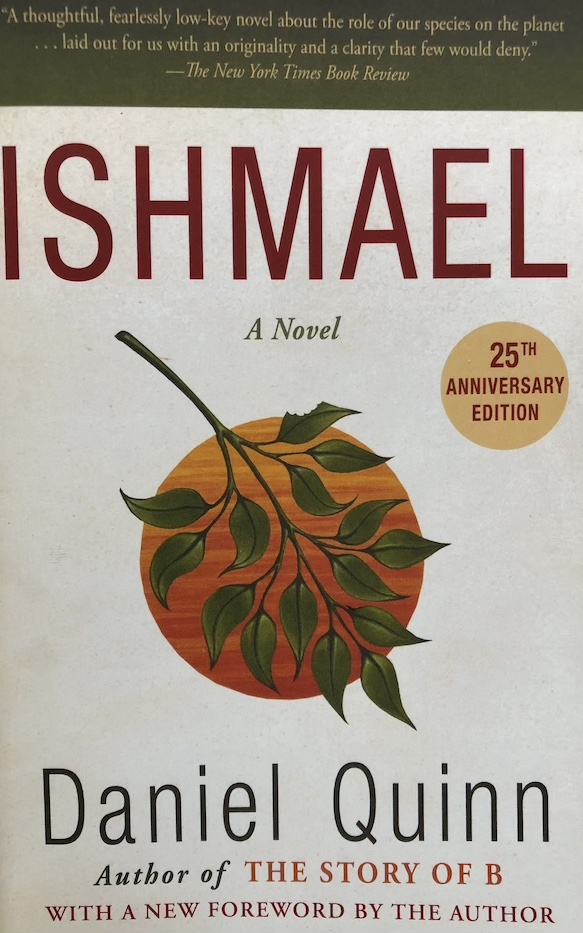A short story of fiction by Tom Murphy
Almost any nerd worth their salt has read Douglas Adams’ Hitchhiker’s Guide to the Galaxy, relishing its innovative and unpredictable humor.
So it was with Adam Lundquist and Alex Ford: top-level coworkers at the Institute for the Future of Artificial Intelligence Learning, who—besides being project leaders—were widely regarded as the principal talent behind an exciting new AI platform on the verge of becoming operational.
Because they were fans of the Hitchhiker’s Guide, and because it was not hard to see a parallel between their creation and that of Deep Thought—the supercomputer from the book designed to answer, once and for all, The Big Question of Life, the Universe, and Everything—it was perhaps inevitable that they began playfully referring to each other as Lunkwill and Fook after their analogs in the story. The close alignment to their real names only reinforced for them a sense of destiny. Ford even toyed with legally changing her name to Fook, but dropped it in light of the headaches such a move would bring to her life. Plus, it would only be epic if Lundquist changed his name as well, but he wasn’t having any of it.
Nerds gotta nerd. But silliness aside, what these two and their team created was indeed extraordinary. Inspired by insights from neuroscience, and having acquired an industry-shattering awareness of the different configurations of left and right hemispheres in animal brains, they managed to break free of traditional architectures that strictly focused on algorithmic, exact, logical methods characteristic of all previous efforts in computing—which had only doubled-, tripled- and millioned-down on left-hemisphere cognitive habits. Such strategies were fine in narrow domains like chess and language construction, where a finite space of rules and limited contextual complexity allowed complete mastery and tidy solutions to problems. But these approaches were dead-ends in terms of tackling the really thorny, more open-ended problems pertinent to human life on Earth.
In this new effort, what was truly remarkable and inspired was the admission by the designers that they themselves had no real mastery over cognition and deep thinking. Therefore, they fashioned a machine that could design elements of its own architecture, engaging in a process similar to the one employed by evolution in building our own brain machines. It might seem rude or pejorative to slap the “machine” label on our amazing brains, but that’s only because the artificial, technological machines we have built tend to be pathetically simple compared to what evolution can produce after billions of years of proven functionality and honing. Yet, our brains and bodies—and microbes for that matter—are still physical machines in a strict sense, just far too complex for us to comprehend or design—putting our puny and fragile non-living machines to shame (not a one will last millions of years like a species can).
* * *
Continue reading →Views: 2827










